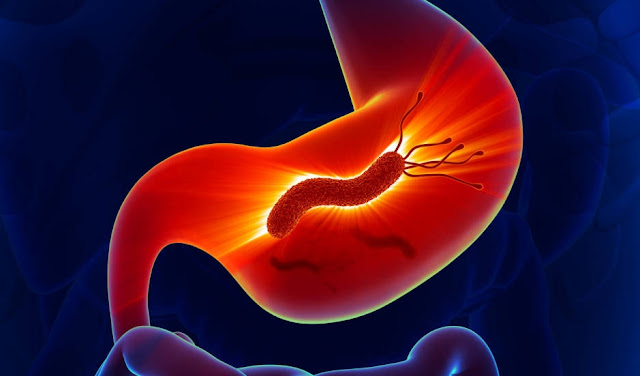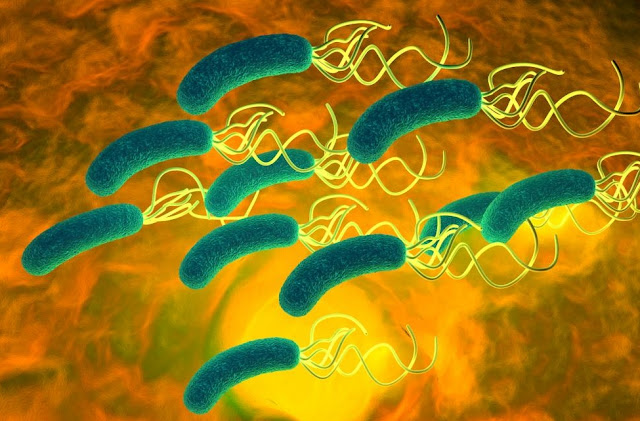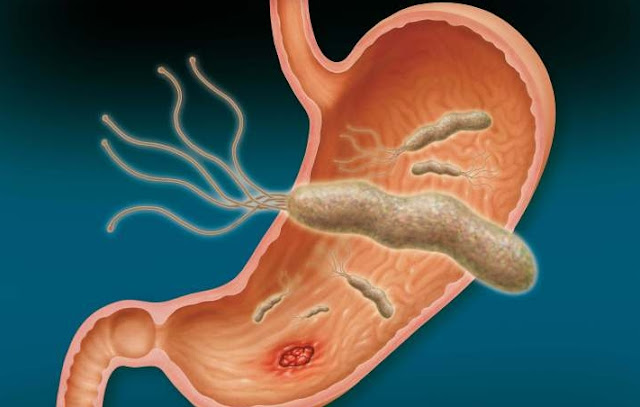Helicobacter pylori, the cause of stomach cancer
Helicobacter pylori usually enters a person's stomach before the age of 10 and causes an inflammatory reaction to the mucous membrane in the stomach for 20 to 50 years. The World Health Organization (WHO) defined gastric lymphoma and atrophy gastritis as carcinogens in 1994.
Although Korea has a high infection rate of Helicobacter pylori, in the past, health insurance was applied to the treatment of Helicobacter pylori only when stomach and duodenum peptic ulcers and low-grade stomach malt (MALT) lymphoma occurred. However, patients who underwent stomach surgery for early stomach cancer and patients with idiopathic platelet-reducing autoconfiltration are also subject to health care. Even if a patient wants it, has a family history of stomach cancer, has chronic atrophy gastritis, or has endoscopic treatment for gastrointestinal tumors, there is also a way to treat it with his own burden.
Health insurance coverage has also been expanded for two diagnostic methods (factorial respiration tests and antibiotic resistance tests) for the disease. Elemental respiration test measures the ingredients of a drug that has been decomposed by Helicobacter pylori with a mass spectrometry method by taking the drug while fasting. It is relatively simple and has high preference as it can be done without endoscopy. Elemental respiration tests for patients with gastric and duodenal ulcers who have high risk of bleeding, high risk cardiovascular disease that cannot stop anticoagulant and anti-viral drugs, cirrhosis, chronic renal failure while hemodialysis, and idiopathic platelet-sensitivity autopilotosis patients have been additionally applied to the health If he wants, he or she may be examined at his own expense.
Antibiotics resistance tests remove a little stomach tissue with an endoscope to check for genetic mutations in Helicobacter pylori and to check for infection and antibiotic resistance. This can improve treatment performance with differentiated treatment.
South Korea's examination of stomach cancer, which provides gastroscopy to all Koreans, has greatly contributed to lowering the rate of stomach cancer deaths. But this is not enough. Now is the time to prevent stomach cancer by eradicating Helicobacter pylori. The government has also widely allowed related treatment. The incidence of stomach cancer will certainly decrease if we proactively treat Helicobacter pylori infection, taking into account a number of possibilities.





0 개의 댓글:
댓글 쓰기